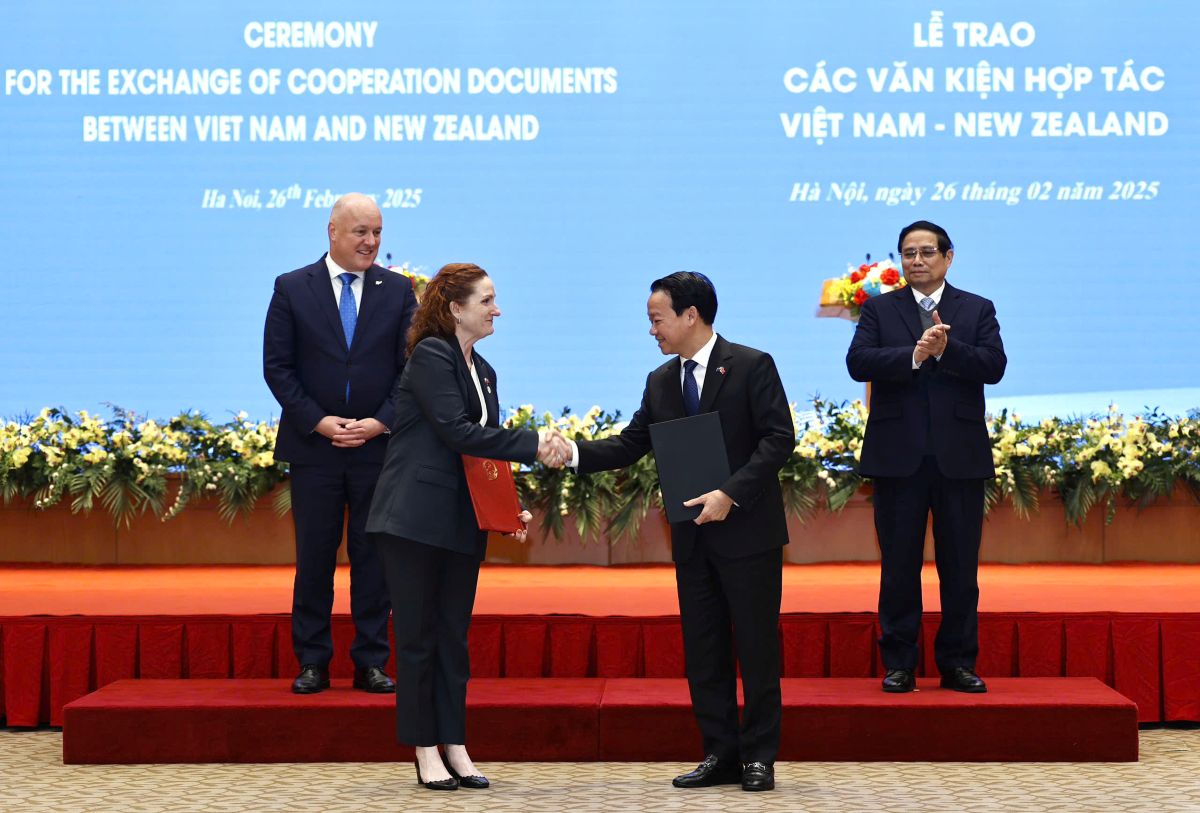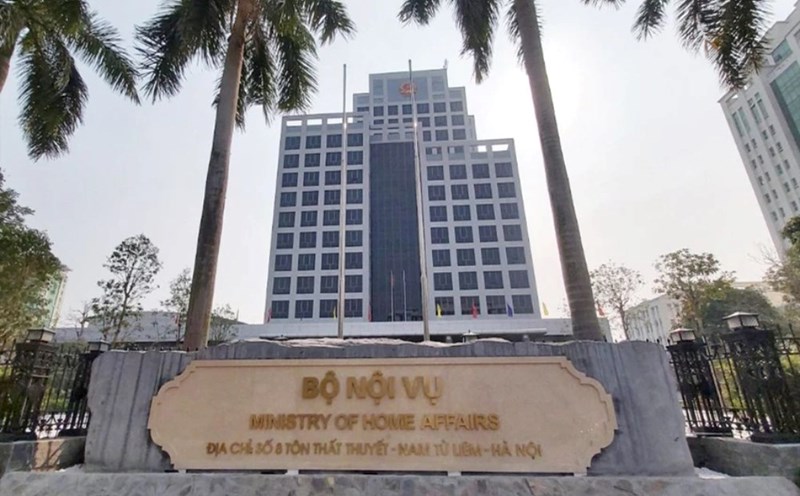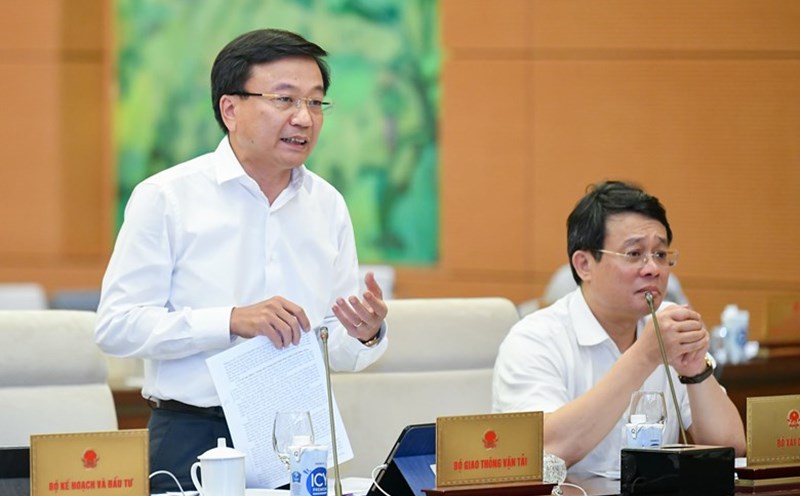At the invitation of Politburo member and Prime Minister Pham Minh Chinh, New Zealand Prime Minister Christopher Luxon had an official visit to Vietnam from February 25-28, 2025.
On February 26, New Zealand Prime Minister Christopher Luxon had talks with Prime Minister Pham Minh Chinh.
On the basis of good relations, sharing common interests and mutual trust, the two Prime Ministers agreed to officially upgrade bilateral relations to Comprehensive Strategic Partnership, marking the 50th anniversary of the establishment of diplomatic relations.
In the coming year, the two sides will develop a Joint Action Program to propose specific initiatives within the framework of the Comprehensive Strategic Partnership, focusing on strengthening five main pillars of cooperation, including: (i) political cooperation; (ii) national defense, security, marine cooperation; (iii) economy, trade and investment; (iv) climate change response, science and technology; (v) education and people-to-people exchange.
The two Prime Ministers also reviewed the important achievements that have been achieved within the framework of the current Strategic Partnership, across all pillars including political cooperation, defense and security, trade, investment, economic connectivity and multilateral cooperation.
The two sides agreed that the goal of the Comprehensive Strategic Partnership is to strengthen the existing framework for cooperation between Vietnam and New Zealand, contributing to peace, stability and prosperity domestically and globally.
The two sides agreed to deepen defense, security and maritime cooperation.

Economic, trade and investment cooperation is the main focus of the new Comprehensive Strategic Partnership. At the talks, the two Prime Ministers emphasized that trade cooperation is a key factor in the bilateral relationship, for the direct benefit of the people and businesses of the two countries. The two sides agreed on a two-way trade target of 3 billion USD by 2026.
New Zealand affirmed to continue expanding cooperation through bilateral and regional official development aid, especially in areas that are New Zealand's strengths and Vietnam's priorities such as developing high-quality human resources, empowering women and gender equality, climate change and economic self-reliance, sustainable water management, agriculture and disaster risk management.
The two sides pledged to continue to strengthen agricultural cooperation to support Vietnam in becoming a modern agricultural producer and adapting to climate change.
The two sides emphasized the importance of ASEAN's central role in promoting development in the Mekong sub-region.
The two sides reiterated their commitment to further promoting peaceful, prosperous, comprehensive and sustainable development in the Mekong sub-region through the Mekong River Commission (MRC), the Ayeyawady-Chao Phraya-Mekong Economic Cooperation Strategy (ACMECS), the Mekong friends (FOM) as well as other relevant mechanisms and initiatives on the Mekong.
The two sides reaffirmed their commitment to multilateralism and a rule-based international system as stated in the United Nations Charter and International Law, considering this an important foundation for consolidating peace, security and prosperity.
In particular, the two sides emphasized the obligation of all countries to comply with international law and reaffirmed the 1982 United Nations Convention on the Law of the Sea (UNCLOS) to act as the Constitution of the oceans.
The two sides expressed deep concern about recent developments in the East Sea, and called on relevant parties to restrain themselves, avoid actions that increase tension or reduce trust, as well as resolve disputes by peaceful means, fully respect diplomatic and legal processes, do not use force or threaten to use force, in accordance with international law, including UNCLOS.











